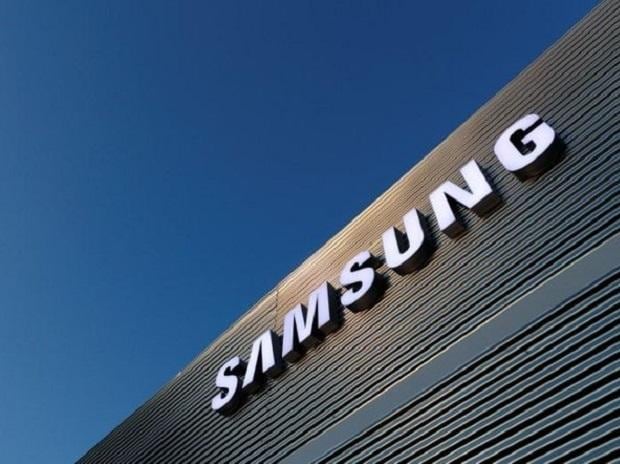The sale of personal computers (PCs) in India, including desktops and notebooks, rose 14 per cent to 4.5 million units in the quarter that ended on September 30, as compared to the same period last year, according to the latest data from the International Data Corporation (IDC).
In its Worldwide Quarterly Personal Computing Device Tracker, IDC said that the desktop category grew by 19.3 per cent while the notebooks saw a rise of 13.1 per cent. The rise in sales was attributed to higher demand for inventory owing to the Centre’s decision to impose import licenses for PCs.
Under the proposed norms, IT hardware companies will be required to register and disclose data related to their imports and the countries they import from. According to the Centre, the main reason behind the measure is to restrict imports of laptops and computers, especially since a majority of them come from China.
It was supposed to be implemented immediately but was later deferred due to objections from the industry. Now, it has been working on a new management system to give import authorisation to IT companies.
In the PC market, the consumer segment saw healthy growth of 26.3 per cent, while demand in the commercial segment remained flat.
HP Inc continued to lead the market with a 29.4 per cent share during the quarter, up from 23.9 per cent in the same quarter last year.
HP was followed by Lenovo and Dell, with market shares of 17 per cent and 14.6 per cent, respectively. However, Lenovo’s share fell 8.8 per cent from 21.3 per cent in the July-September quarter of 2022. Dell’s share last year was 16 per cent.
Asus accounted for 12.5 per cent of all sales during the quarter and saw the highest jump in its shipments, at 43.9 per cent. Its market share last year was 9.9 per cent. “Acer pushed stock on online channels and hence had its biggest consumer quarter ever,” IDC said.
Demand for the commercial segment, especially from enterprises, is likely to remain bleak in the upcoming quarters.
“The vendors are now focused on increasing their local assembly mix as government and education projects are expected to prefer locally assembled devices,” said Navkender Singh, associate vice president of Devices Research at IDC India, South Asia and ANZ.
“While this might give a further boost to the government and education segments, a dearth of enterprise orders is a matter of concern as the enterprise segment is expected to decline by over 20 per cent year-on-year in 2023.”
Note:- (Not all news on the site expresses the point of view of the site, but we transmit this news automatically and translate it through programmatic technology on the site and not from a human editor. The content is auto-generated from a syndicated feed.))



